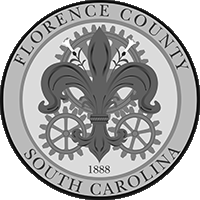Colonel Peter Horry recorded his experiences as serving under Francis Marion in 1803. Unfortunately, they were never published by him due to cost and are now lost. Horry gave them to – at the time – recognized George Washington biographer and publisher, Reverend Mason Locke Weems hoping to have Marion’s biography told.
Weems did publish Horry’s account; however, accuracy was occasionally sacrificed in the interest of instilling the young Republic’s values through the character of General Marion. The Horry account, told through Weems included speeches by Marion, such as “I am in love; and my sweetheart is LIBERTY.”
Horry would write, in the margins of his own copy of the book; “General Marion never made a Speech anywhere.” Adding insult to injury, Weems did not include his own name as authorship until the fourth edition was printed in 1816, leaving Horry’s name as the pen behind what Colonel Horry frustratingly referred to as a “military romance”.
Other biographies of the time exist, each having its own characteristics and distinctions, such as those written by William Dobein James and William Gilmore Simms. Without abundance of primary sources, how do explorers of history best consider the nuances of secondary sources? How far reaching is their impact?
Consider what a primary source is in relation to a secondary source? Who had first-hand and immediate knowledge? Or who was simply retelling another’s encounter? How does the type of source come into play in this story?






